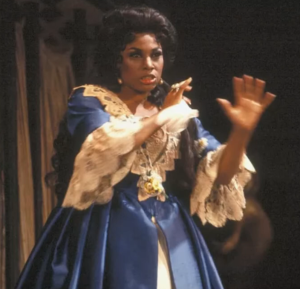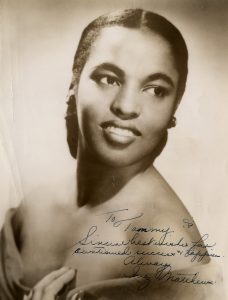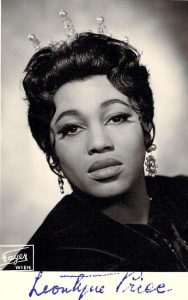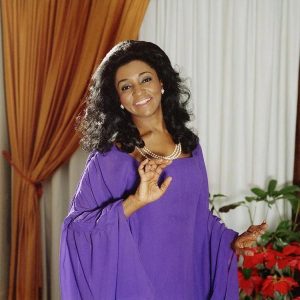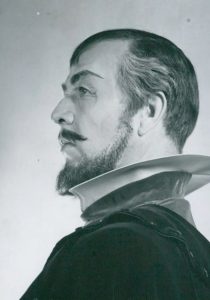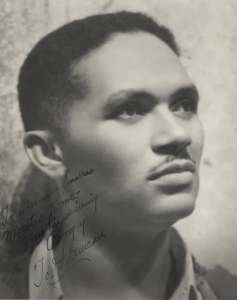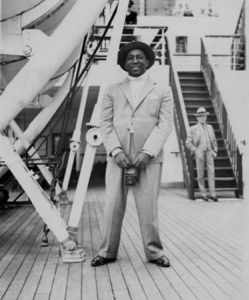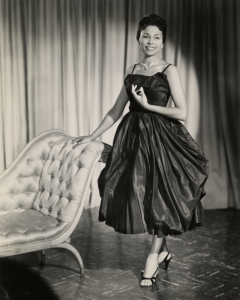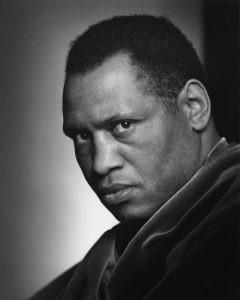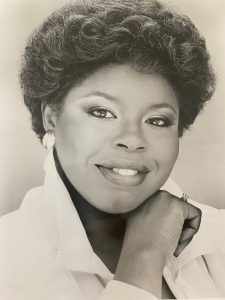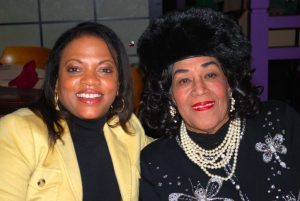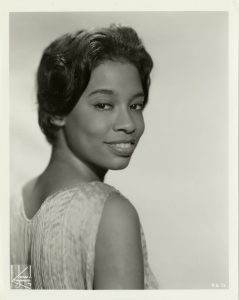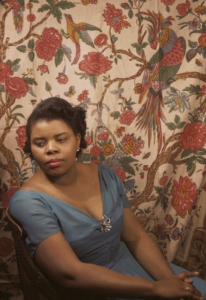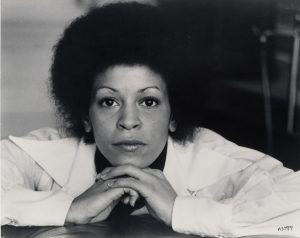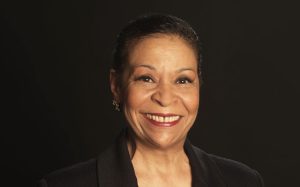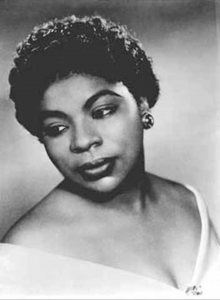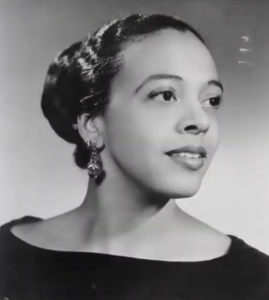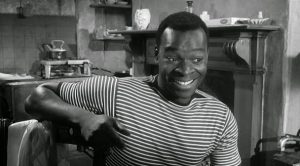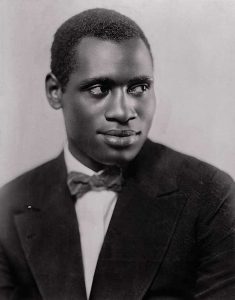Podcast: Play in new window | Download (Duration: 1:23:13 — 114.3MB) | Embed
Subscribe: Spotify | TuneIn | RSS | More
Last week the opera world joined in unanimous celebration as Leontyne Price celebrated her 99th birthday. Though I’m a trifle late to the party, I do have a Price episode today, and one with a twist, featuring the beloved diva in a repertoire she only occasionally performed: the operas of Richard Strauss. Today let’s imagine ourselves back in the 1960s and early 1970s in an alternate universe, one in which Leontyne Price was one of the leading interpreters of the operas of Richard Strauss. Fortunately, there are enough live and studio recordings for us to create such a universe: over the course of her career, Price performed and recorded Strauss repertoire ranging from Guntram, his first opera from 1893, through his penultimate opera, Die Liebe der Danae, completed in 1940, but first officially premiered posthumously in 1952. The excerpts heard range from an early British radio recording of Danae in 1959, through a remarkably viable performance of the final scene of Salome from as late as1986. She is also heard in an extended live excerpt from Ariadne auf Naxos, the one Strauss role she performed onstage. I have remarked repeatedly elsewhere that the music of Strauss seemed to bring out the very best in Leontyne Price, and that is certainly true of the performances heard here, tantalizing teasers of what might have been, had she chosen to explore more of these roles onstage.
Countermelody is the podcast devoted to the glory and the power of the human voice raised in song. Singer and vocal aficionado Daniel Gundlach explores great singers of the past and present focusing in particular on those who are less well-remembered today than they should be. Daniel’s lifetime in music as a professional countertenor, pianist, vocal coach, voice teacher, and author yields an exciting array of anecdotes, impressions, and “inside stories.” At Countermelody’s core is the celebration of great singers of all stripes, their instruments, and the connection they make to the words they sing. By clicking on the following link (https://linktr.ee/CountermelodyPodcast) you can find the dedicated Countermelody website which contains additional content including artist photos and episode setlists. The link will also take you to Countermelody’s Patreon page, where you can pledge your monthly or yearly support at whatever level you can afford.
